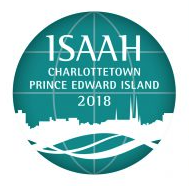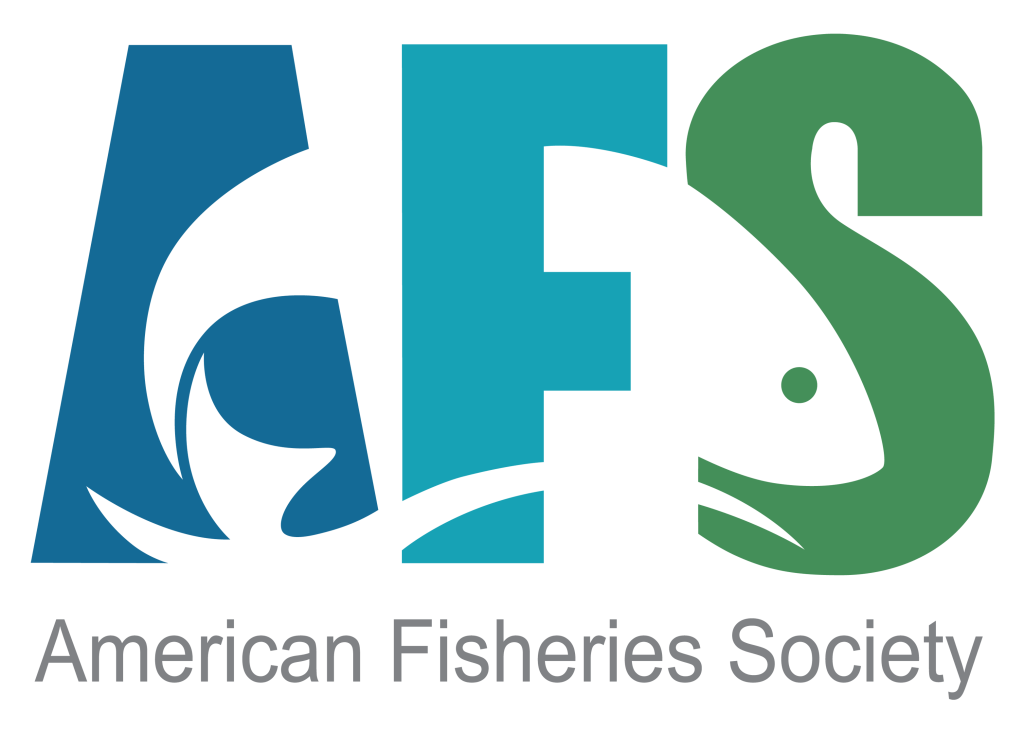Keynote Speakers
 “Without good fish health – no blue revolution”
“Without good fish health – no blue revolution”
Alf-Helge Aarskog is Chief Executive Officer (CEO) of Marine Harvest ASA. Mr. Aarskog has an M.Sc.in Aquaculture from the Norwegian University of Life Sciences (UMB), as well as supplementary management education from Harvard Business School. Mr. Aarskog has broad experience from the salmon farming industry. Prior to his position in Marine Harvest ASA, he was the CEO of the Lerøy Seafood Group ASA. Previous positions include Executive Vice President of the Lerøy Seafood Group, Managing Director of Lerøy Midnor AS and Head of Production in Fjord Seafood ASA, a company later merged with Marine Harvest ASA.

“Weapons of Micro-destruction: An interdisciplinary approach to understanding a parasitic cnidarian”
Jerri Bartholomew received her Ph.D. degree in Microbiology from Oregon State University in 1989 in the lab of Dr. John Fryer, and is currently Professor and Head of the OSU Department of Microbiology and Director of the John L. Fryer Aquatic Animal Health Laboratory. Ongoing research uses interdisciplinary approaches to examine myxozoan parasite diseases in wild salmon populations. Her lab studies different aspects of the parasite life cycle including the biological and genetic variability of the parasite, the immunological and genetic basis for disease resistance of the host, and development of models to predict how environmental parameters affect disease dynamics. Her lab has developed molecular detection methods and predictive models for disease that are providing important keys to understanding the effects of these pathogens and to providing resource managers with tools for mitigating those effects.

“Contributions of early cellular responses to immune protection in fish”
Daniel R. Barreda, Ph.D. – Professor – Animal Immunity and Health, Department of Biological Sciences and Department of Agricultural, Food and Nutritional Science, University of Alberta, Canada. Dr. Barreda earned a B.Sc. in Microbiology/Biochemistry from the University of Victoria and a Ph.D. in Physiology and Cell Biology from the University of Alberta. It is here where he became interested in comparative model systems and fish health. He went on to a PDF in Medical Immunology and Drug Development at the University of Pennsylvania School of Medicine in 2003 and was recruited back to the University of Alberta in 2006 as the first cross-appointment between the Faculty of Science and the Faculty of Agricultural, Life and Environmental Sciences. He was recently promoted to the rank of Professor in 2016. Dr. Barreda is well recognized for his contributions to the development of high-resolution quantitative tools for evaluation of cell function, animal immunity and health. Projects are often cross-disciplinary and take advantage of academic-industry-government linkages to address relevant issues at the interface of animal performance and health; fish and aquaculture health remain a core interest of the Barreda lab. Since 2006 Dr. Barreda has secured over $10M in research grants (21 grants as a principal investigator), published over 60 peer-reviewed articles, and mentored 57 trainees in fundamental and applied projects. In addition to research and innovation awards, Dr. Barreda has received a number of teaching awards including an Inspirational Instructor Award and the University of Alberta Provost Award for Excellence in Undergraduate Teaching.

“Role of nutrition to mitigate diseases in aquaculture”
Adel El-Mowafi, Ph.D., Aquaculture Technology Application Director, Cargill Aqua Nutrition, Norway
Adel El-Mowafi is a veterinarian by training with a Masters and Ph.D in Fish Nutrition. Further to his academic training in Egypt and Norway, he did his business management education in Canada and the UK. Adel has 30 years’ experience in fish nutrition research. He has worked in both academic and industrial environments in Egypt, Canada and Norway. For the past sixteen years, he has worked for EWOS Innovation (now the Cargill Innovation Center). EWOS Innovation is the R&D body of Cargill Aquaculture Nutrition; an international fish feed company operating in twenty countries. Adel has been an adjunct Professor in Animal and Plant science at Dalhousie Agricultural College in Nova Scotia, Canada, since 2000 and holds a black belt of six sigma.

“Nano-Evolution: Balancing safety and applications of nanotechnology in aquatic systems”
Dr. Sabo-Attwood is an Associate Professor and Chair of the Department of Environmental and Global Health and a member of the Center for Environmental and Human Toxicology and Emerging Pathogens Institute at the University of Florida. She received her Ph.D. from the University of Florida in Biomedical Sciences and Environmental Pharmacology and Toxicology. Her doctoral training was in the area of aquatic toxicology and she moved into environmental pulmonary pathology as an NIEHS postdoctoral fellow at the University of Vermont. Dr. Sabo-Attwood directs a laboratory group that investigates molecular mechanisms that drive various health impacts associated with environmental exposures to agents which include endocrine disruptors, mineral fibers and nanomaterials. She is a National Academy of Science Kavli Fellow in Nanotoxicology and serves on a number of scientific boards including the International Academy of Sciences and is a member of the EPA Chartered Science Advisory Board. Her work in nanomaterials specifically spans toxicological assessments, primarily in aquatic vertebrates, and nano-enabled applications relevant to improving water quality in aquaculture settings. Her most recent work centers on understanding the impact that carbon-based materials (singly and in hybrid form with metals) have on growth and nutrient uptake in fish and the utility of the same nanomaterials to remove pathogens from water sources. Her research in the area of nanomaterial science is currently funded by NIH, NSF and USDA.
 “Bacterial skin ulcers in farmed fish; preventive effect of vaccines and probiotics”
“Bacterial skin ulcers in farmed fish; preventive effect of vaccines and probiotics”
Dr. Henning Sørum is a professor at the School of Veterinary Medicine, Norwegian University of Life Sciences, Oslo, Norway. His research focus has been into emerging bacterial infections in salmon farming, development of antibiotic resistance in bacteria linking the fish, terrestrial, avian and human pathogenic & environmental bacteria. Epidemiological studies of bacterial infections in fish, other animals and humans and studying effects of prebiotics and probiotics added to the feed of various husbandry animals related to the gut microbiota have been important in the research. Dr. Sørum has spent a postdoctoral year at the Oregon Health Sciences University, Portland, Oregon and a shorter sabbatical at the Pasteur Institute in Paris, as well as two short research stys at the Centers for Disease Control and Prevention in Atlanta, GA, USA during the PhD period. Experience in teaching veterinary students, animal nurse students and master students in microbiology, supervising PhD students and regular activity as a veterinary practitioner have been an important background for his research group activity.

